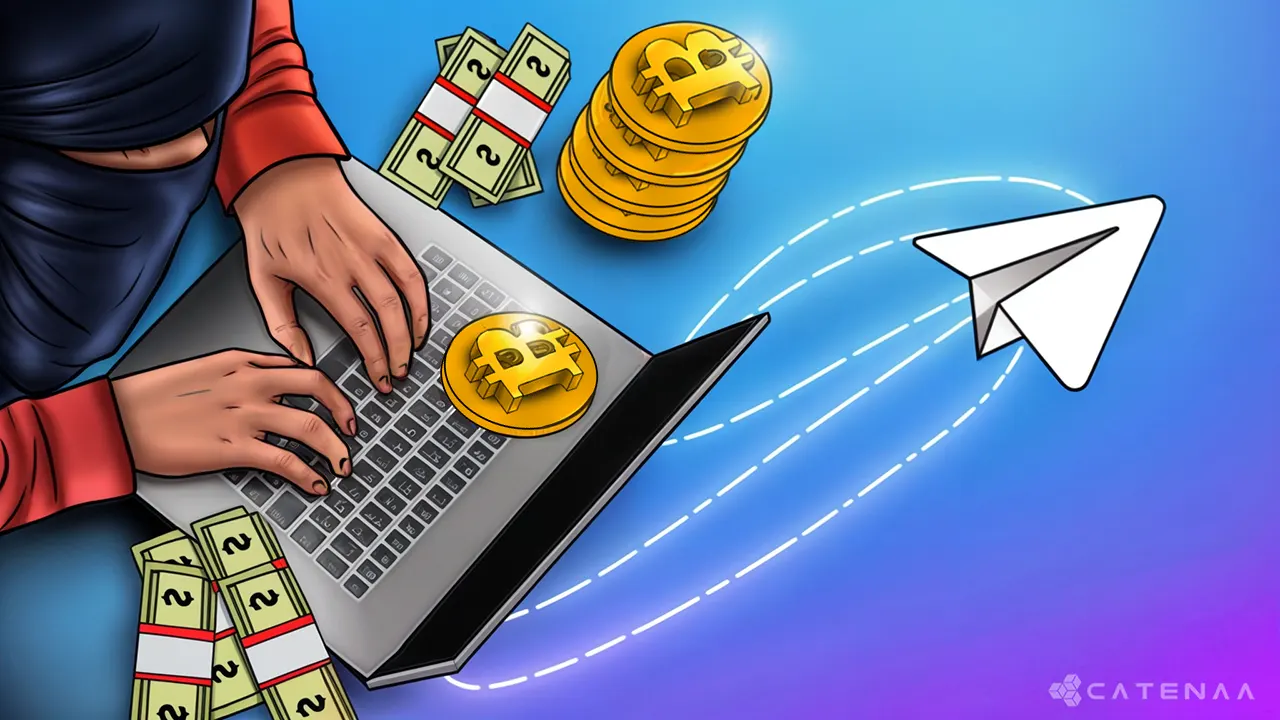New York, Tuesday, October 08, 2024-A new United Nations report highlights that the encrypted messaging platform Telegram is becoming a hub for organized crime in Southeast Asia, exacerbated by the legal issues surrounding its founder, Pavel Durov.
Released on October 7, the report emphasizes that underregulated platforms like virtual asset service providers (VASPs) are being exploited by major crime groups to move and launder billions of dollars in illicit proceeds without accountability.
The report can be reached here.
The United Nations Office on Drugs and Crime (UNODC) revealed that financial criminals earned between $18 billion and $37 billion through scams targeting victims in East and Southeast Asia in 2023. “Organized crime groups are converging and exploiting vulnerabilities,” warned Masood Karimipour, the UNODC Regional Representative for Southeast Asia and the Pacific. “Governments must recognize the severity of this global threat and prioritize solutions to address the rapidly evolving criminal ecosystem.”
Durov’s legal troubles intensified after his arrest outside Paris on August 24 for allegedly failing to control illegal content on Telegram. Following his release on bail, he acknowledged the need for improvements on the platform, stating, “Telegram’s abrupt increase in user count to 950M caused growing pains that made it easier for criminals to abuse our platform.” Durov’s situation has reignited debates over free speech and regulatory practices, with figures like Elon Musk advocating for his release. He now faces a potential ten-year prison sentence and a fine of €500,000 ($548,000).


